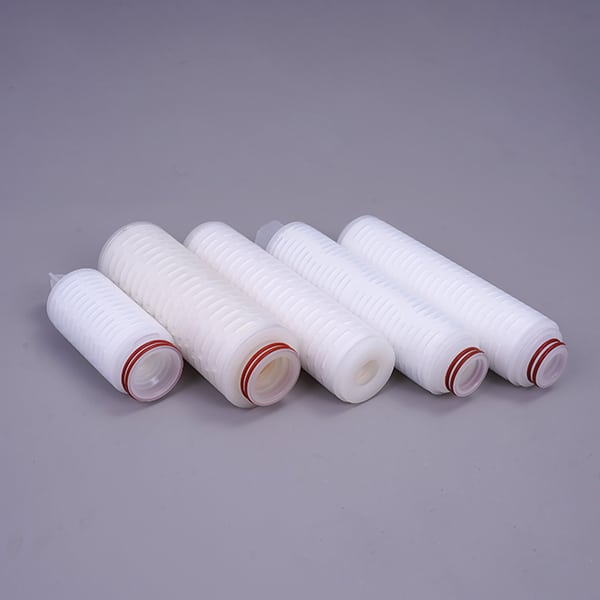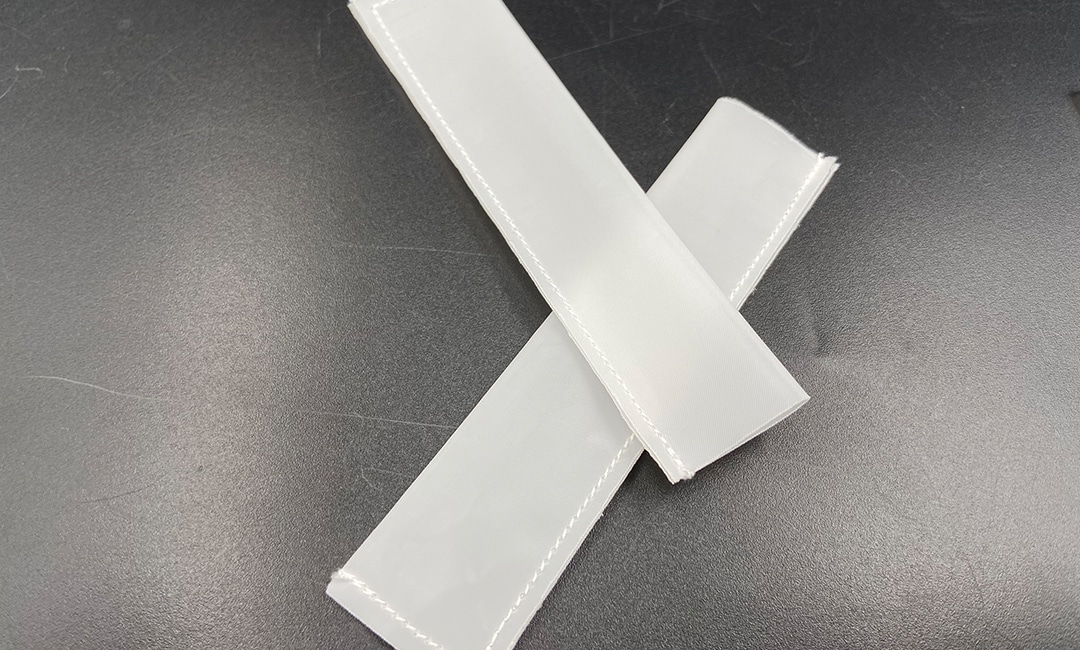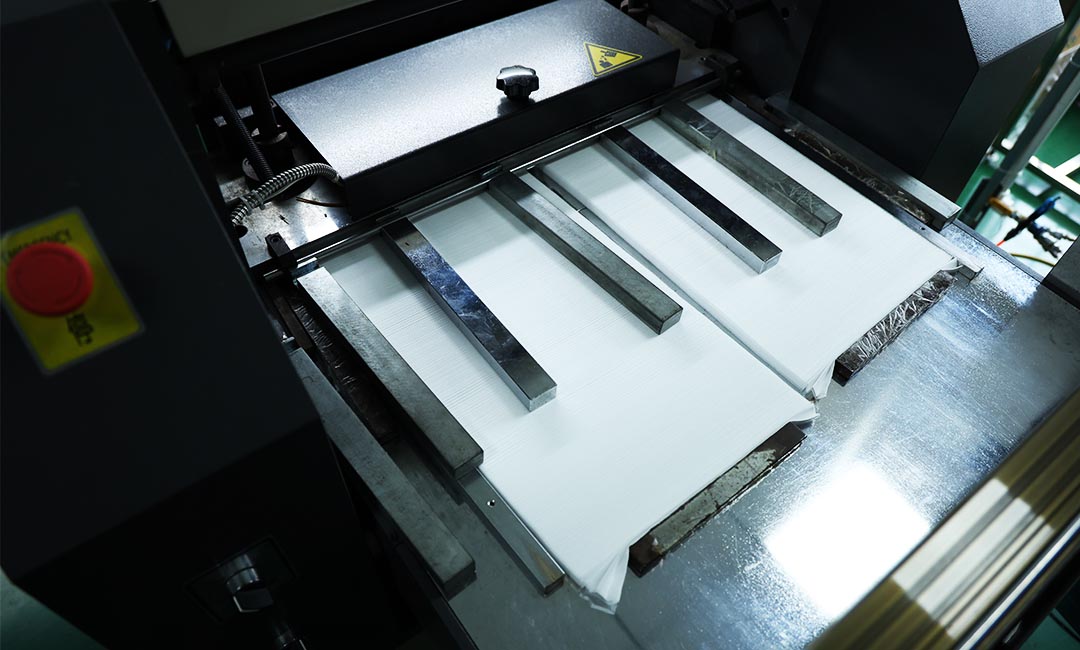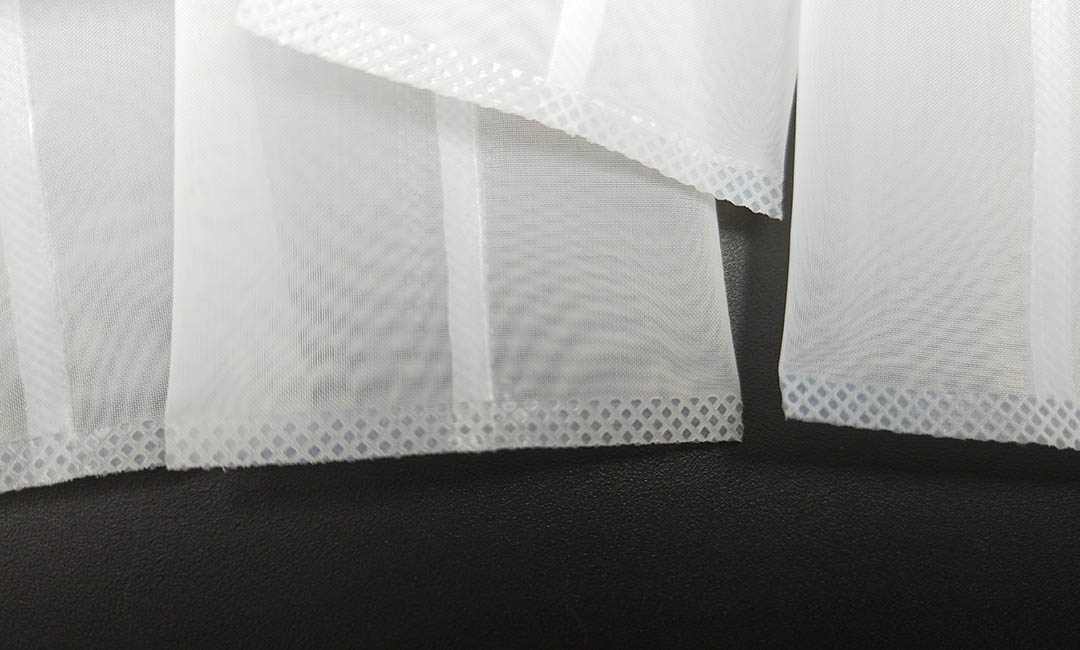
Best Alternatives to Rosin Press Bags for DIY Extraction
Silicone Baking Mats
Rosin press bags are commonly used in DIY extraction processes to help contain the material being pressed and prevent it from sticking to the press plates. However, for those looking for alternatives to rosin press bags, silicone baking mats can be a great option. Silicone baking mats are versatile, heat-resistant, and non-stick, making them ideal for use in rosin extraction.
One of the main advantages of using silicone baking mats for rosin extraction is their heat resistance. These mats are designed to withstand high temperatures, making them perfect for use with a rosin press. The heat resistance of silicone baking mats ensures that they will not melt or warp when exposed to the intense heat generated by the press plates, providing a reliable and durable alternative to traditional rosin press bags.

In addition to their heat resistance, silicone baking mats are also non-stick, which is essential for rosin extraction. The non-stick surface of these mats prevents the material being pressed from sticking to the mat, making it easier to collect the extracted rosin. This non-stick property also makes cleanup a breeze, as any residue left on the mat can be easily wiped away with a damp cloth.
Another benefit of using silicone baking mats for rosin extraction is their versatility. These mats come in a variety of sizes and shapes, allowing you to choose the perfect mat for your specific extraction needs. Whether you are pressing small amounts of material or larger quantities, there is a silicone baking mat that will suit your requirements.
Silicone baking mats are also reusable, making them a cost-effective alternative to rosin press bags. Unlike disposable bags that need to be replaced after each use, silicone baking mats can be used multiple times before needing to be replaced. This not only saves you money in the long run but also reduces waste, making silicone baking mats an environmentally friendly option for rosin extraction.
When using silicone baking mats for rosin extraction, it is important to ensure that the material being pressed is evenly distributed on the mat. Uneven distribution can result in uneven extraction and lower yields, so take care to spread the material out evenly before pressing. Additionally, be sure to follow the manufacturer’s guidelines for temperature and pressure settings to achieve the best results.
In conclusion, silicone baking mats are a versatile, heat-resistant, and non-stick alternative to rosin press bags for DIY extraction. Their durability, ease of use, and cost-effectiveness make them an excellent choice for those looking to extract rosin at home. By using silicone baking mats in your rosin extraction process, you can achieve high-quality results without the need for traditional rosin press bags.
Nylon Mesh Bags
When it comes to DIY extraction using a rosin press, one of the key components is the use of rosin press bags. These bags are essential for containing the material being pressed and ensuring a clean extraction process. However, for those looking for alternatives to traditional rosin press bags, nylon mesh bags can be a great option.
Nylon mesh bags are a popular choice for DIY extraction because they are durable, reusable, and provide excellent filtration. These bags are typically made from a fine mesh nylon material that allows for the extraction of oils and terpenes while keeping plant material contained. This results in a cleaner and more efficient extraction process.
One of the main advantages of using nylon mesh bags for DIY extraction is their durability. Unlike traditional rosin press bags, which can tear or break easily, nylon mesh bags are designed to withstand the pressure and heat of the rosin press. This means that they can be used multiple times without the need for frequent replacements, saving you time and money in the long run.
In addition to their durability, nylon mesh bags also provide excellent filtration. The fine mesh material allows for the extraction of oils and terpenes while keeping plant material contained. This results in a higher quality extract with fewer impurities, making nylon mesh bags a popular choice among DIY extractors.
Another advantage of using nylon mesh bags for DIY extraction is their reusability. Unlike traditional rosin press bags, which are typically single-use, nylon mesh bags can be cleaned and reused multiple times. This not only reduces waste but also saves you money in the long run.
When using nylon mesh bags for DIY extraction, it is important to choose the right size and micron rating for your specific needs. Nylon mesh bags come in a variety of sizes and micron ratings, so be sure to select the one that best suits the material you are pressing.
Overall, nylon mesh bags are a great alternative to traditional rosin press bags for DIY extraction. They are durable, reusable, and provide excellent filtration, making them a popular choice among DIY extractors. Whether you are a seasoned extractor or just starting out, nylon mesh bags can help you achieve high-quality extracts with ease.
Stainless Steel Screens
Rosin press bags are commonly used in DIY extraction processes to help contain the material being pressed and prevent it from coming into direct contact with the heating elements of the press. While rosin press bags are effective in this regard, some users may be looking for alternative options that can provide similar results. One such alternative is stainless steel screens.
Stainless steel screens are a popular choice for DIY extraction because they are durable, reusable, and easy to clean. They come in various sizes and mesh counts, allowing users to customize their extraction process based on their specific needs. Additionally, stainless steel screens are heat-resistant, making them suitable for use with rosin presses.
When using stainless steel screens for extraction, it is important to choose the right size and mesh count for the material being pressed. Finer mesh screens are ideal for extracting finer materials, while coarser mesh screens are better suited for extracting larger particles. It is also important to properly prepare the material before pressing it with a stainless steel screen to ensure optimal results.
One of the main advantages of using stainless steel screens for DIY extraction is their reusability. Unlike rosin press bags, which need to be replaced after each use, stainless steel screens can be cleaned and reused multiple times. This not only saves money in the long run but also reduces waste, making stainless steel screens a more sustainable option for DIY extraction.
In addition to their reusability, stainless steel screens are also easy to clean. After each use, simply remove the material from the screen and wipe it down with a clean cloth or rinse it with warm water. For tougher residue, a mild detergent can be used to clean the screen thoroughly. Proper cleaning and maintenance of stainless steel screens will help prolong their lifespan and ensure consistent extraction results.
Another benefit of using stainless steel screens for DIY extraction is their durability. Unlike rosin press bags, which can tear or break easily, stainless steel screens are built to last. They can withstand high temperatures and pressure, making them a reliable option for extracting a wide range of materials.

Overall, stainless steel screens are a versatile and cost-effective alternative to rosin press bags for DIY extraction. Their durability, reusability, and ease of cleaning make them a popular choice among DIY enthusiasts looking to optimize their extraction process. By choosing the right size and mesh count for the material being pressed and properly maintaining the screens, users can achieve consistent and high-quality extraction results with stainless steel screens.
Cheesecloth
When it comes to DIY extraction methods, rosin press bags are a popular choice for many individuals looking to create their own concentrates at home. However, for those who may not have access to rosin press bags or are looking for alternative options, cheesecloth can be a great substitute. Cheesecloth is a versatile and inexpensive material that can be used for a variety of purposes, including straining liquids, making cheese, and yes, even extracting concentrates.

One of the main benefits of using cheesecloth for extraction is its affordability and accessibility. Cheesecloth can be found at most grocery stores or kitchen supply stores for a relatively low cost, making it a budget-friendly option for those looking to experiment with DIY extraction methods. Additionally, cheesecloth is easy to work with and can be cut to size to fit your specific extraction needs.
When using cheesecloth for extraction, it is important to consider the quality of the material. Cheesecloth comes in different grades, with higher grades being denser and able to filter out smaller particles. For extraction purposes, it is recommended to use a higher grade of cheesecloth to ensure that you are getting the best results possible. Additionally, it is important to properly prepare the cheesecloth before use by washing it thoroughly to remove any impurities or residues that may affect the final product.
To use cheesecloth for extraction, simply place the material over a container or surface and secure it in place with a rubber band or string. Next, add your plant material or concentrate to the center of the cheesecloth and fold the edges over to create a pouch. Gently press down on the pouch to extract the desired concentrate, being careful not to apply too much pressure as this can cause the material to tear.
One of the drawbacks of using cheesecloth for extraction is that it may not be as efficient as rosin press bags in terms of yield. Cheesecloth is a more porous material, which can result in some loss of product during the extraction process. However, with proper technique and care, it is still possible to achieve good results using cheesecloth for extraction.
In conclusion, while rosin press bags are a popular choice for DIY extraction, cheesecloth can be a viable alternative for those looking to experiment with different methods. Cheesecloth is affordable, easy to work with, and readily available, making it a convenient option for those looking to create their own concentrates at home. By using a higher grade of cheesecloth and following proper extraction techniques, it is possible to achieve good results with this versatile material. Whether you are a seasoned extractor or a beginner looking to try your hand at DIY extraction, cheesecloth is a great option to consider for your next project.

